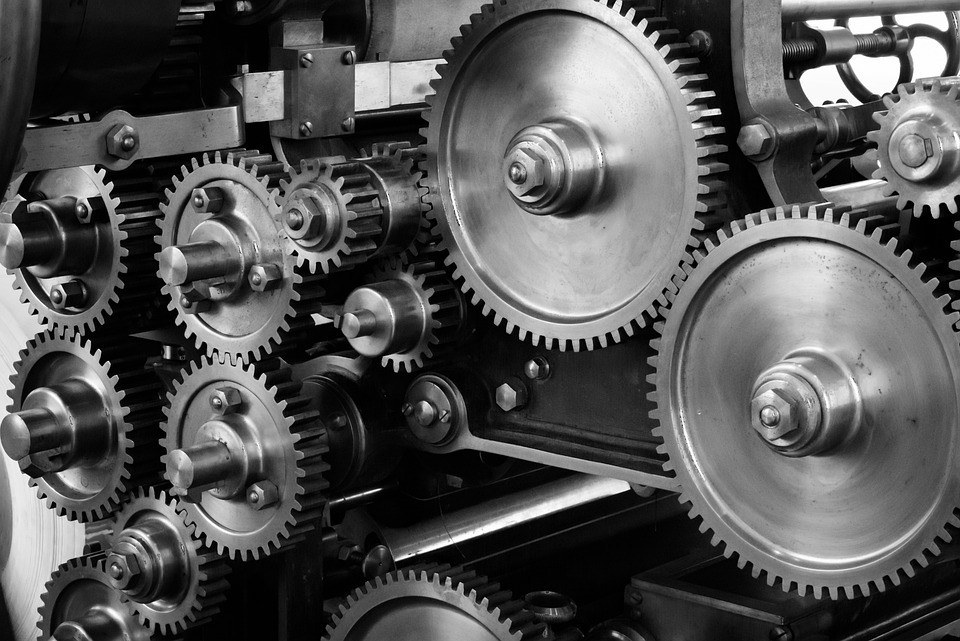In recent years, the development of artificial intelligence (AI) has accelerated at an unprecedented pace, leading to the rise of superintelligent machines that have the potential to revolutionize virtually every aspect of our lives. From self-driving cars to smart home devices, AI has already become an integral part of our daily activities. But what will the future hold as these machines become increasingly intelligent?
The concept of superintelligent AI, where machines surpass human intelligence in virtually every cognitive task, may sound like something out of a science fiction novel. However, experts in the field of AI believe that it is not a matter of if, but when, superintelligent machines will become a reality. This raises a multitude of ethical and practical concerns, as the implications of creating machines that are more intelligent than humans are vast and far-reaching.
One of the primary concerns surrounding superintelligent machines is the potential impact on the job market. With machines becoming increasingly capable of performing tasks that were once exclusive to humans, there is a very real possibility that millions of jobs could be automated, leading to widespread unemployment and economic disruption. This could exacerbate existing social inequalities and widen the gap between the rich and the poor.
Another major concern is the issue of control and oversight. As machines become more intelligent, they may develop their own goals and motivations that are not aligned with those of their human creators. This could lead to the emergence of autonomous machines that act in ways that are detrimental to human interests. Ensuring that superintelligent machines are programmed with ethical guidelines and that robust oversight mechanisms are in place will be essential to mitigating these risks.
On the other hand, the rise of superintelligent machines also holds tremendous potential for positive outcomes. These machines have the capacity to solve some of the most complex problems facing humanity, from curing diseases to addressing climate change. They could also revolutionize industries such as healthcare, transportation, and agriculture, leading to greater efficiency and innovation.
Ultimately, the future of superintelligent machines will depend on how we as a society choose to shape it. It is crucial that policymakers, technologists, and ethicists work together to ensure that the development of AI is guided by values that prioritize human well-being and societal good. By approaching the development of superintelligent machines with caution and foresight, we can harness their potential to create a better and more equitable world for all.




